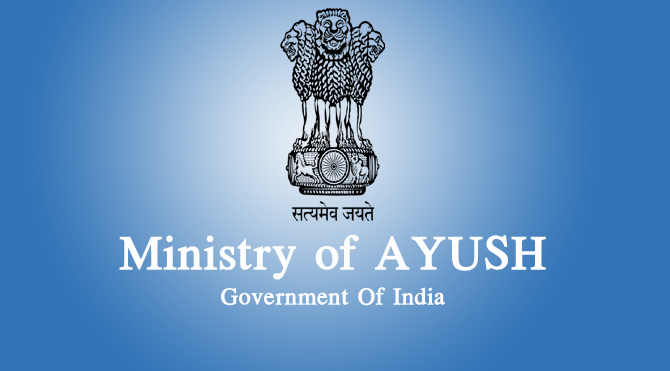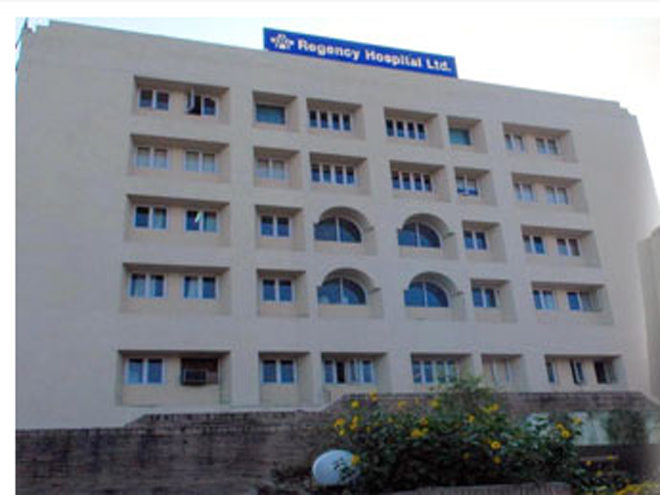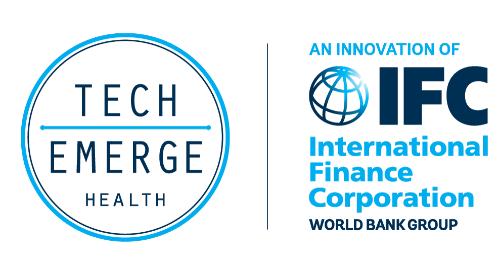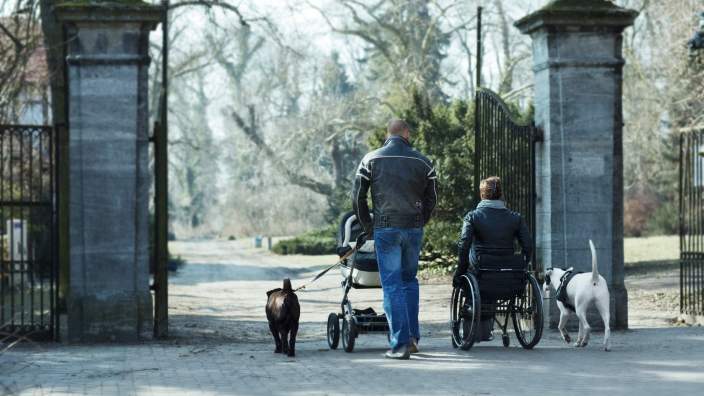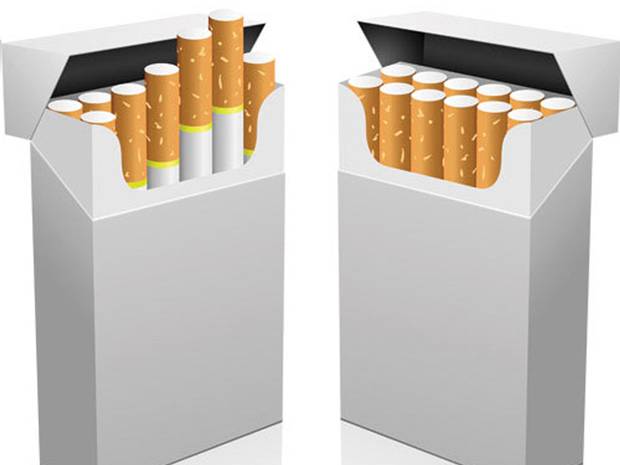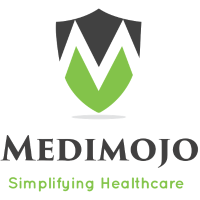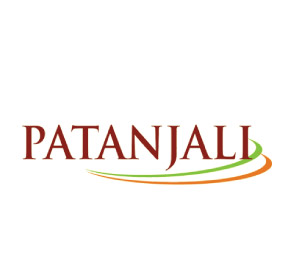
 P K Taneja, Commissioner of Health and Ex-Officio Principal Secretary (Public Health & Family Welfare) Health and Family Welfare Department, Government of Gujarat, is of the opinion that a lot of planning is required for bringing better healthcare in the state. In a conversation with Sharmila Das, (ENN)
P K Taneja, Commissioner of Health and Ex-Officio Principal Secretary (Public Health & Family Welfare) Health and Family Welfare Department, Government of Gujarat, is of the opinion that a lot of planning is required for bringing better healthcare in the state. In a conversation with Sharmila Das, (ENN)
Tell us about your vision for the States health department. Tell us about your mandate.

Gujarats Health department is determined to provide effective healthcare to rural and urban population in the state with special focus on reaching the unreached, and serving the underserved. The mandate or the responsibility of the states health department is all-inclusive. It includes anything and everything relating to quality healthcare services. The state has moral, ethical and legal obligations to provide better healthcare to all sections of society.
Your state has taken many new initiatives in e-Governance. In your opinion what are the most important e-Governance initiatives taken in the healthcare department?
We have started an online web based application for data collection in case of Person with Disability (PwD) and to issue
computer generated Disability Certificate up to PHC level. Any PwD can get himself registered in the system by his own or through NGO/Government on www.abilitygujarat.in. The data bank can be used for resource mobilisation according to the distribution of type of disability up to village level.

Another good initiative is the Gujarat Hospital Management Information System“ GHMIS. This is a total hospital and patient care management solution for providing better care through Electronic Medical Record (EMR) and IT based hospital services. GHMIS has reached out to 30 hospitals in Gujarat . Then there is e-Mamta (Mother and Child Tracking System “ Name based Tracking).This is an IT based management tool to plan, deliver and monitor quality MCH services, track drop outs and ensure complete service delivery through Work Plans, analysis of performance and message alerts, thereby reducing IMR/MMR. This information would help to find left outs in essential programmes like immunisation, anaemia, malnutrition etc.
Drug Logistics Information and Management System (DLIMS) is also a very good system. It has online indenting and tracking of indent system for all Direct Demanding Officers (DDOs) of medical college affiliated hospitals, district hospitals, sub district hospitals, community health centres and chief district health officers for primary health centres and sub centres. It also offers online tender process and information for vendors. It also enables real time monitoring of drug stock up to PHC level in the State.
BADEA System has been developed to store and monitor statistical data of Birth, Death and Still Birth. System is in use since 2005. Demographic analysis and various reports can be generated through this application. It is used to generate reports like Birth Reports, Live Birth by Place of occurrences (district and town with population 1 lakh and above), Time gap in registration of death (Rural and Urban), Deaths by age, occupation, sex (Rural and Urban), Still births by sex and type of medical attendance received at delivery (Rural and Urban) and more.
The State has deployed GPRS based vehicle tracking system on more than 118 mobile health units and mobile medical units in remote and difficult areas. It is absolutely necessary to monitor and track these units through a tracking system; GPRS technology based tracking services are being outsourced for the purpose through (n) Code Solutions, a GNFC venture.
Were also working on comprehensive patient transfer system wherein, all ambulances of community health centres, sub district hospitals and district hospitals and MMUs/MHUs will be tracked through integration with 108 EMRI vehicles by
(n) Code Solutions.
 What are the main challenges that you face in developing healthcare in the state? What are the solutions for these challenges?
What are the main challenges that you face in developing healthcare in the state? What are the solutions for these challenges?
We do have certain constraints in terms of availability of doctors, nurses and paramedics. The health department is trying to address these constraints through well-targeted state interventions and initiatives like Chiranjeevi Yojana and Bal Sakha Yojana and a Public-Private Participation (PPP) model. Further, the gap analysis in terms of availability and shortage of necessary manpower has been done and the same is being addressed on a priority basis. The state today has 1655 medical seats, 1310 nursing seats, 1125 physiotherapy seats and 960 dental seats in the last couple of years. Six new medical colleges with 150 seats each have been set up under Gujarat Medical Education and Research Society (GMERS).
What steps should be taken to ensure that the government owned healthcare centres, especially in rural areas, are fully manned?
The state is seized with this serious issue and is also considering a proposal to set up a board, which will be empowered to
fill-up existing vacancies in the post of medical officers. In view of vacancies of medical officers, retirement age of doctors serving in the certain government departments has been increased from 58 years to 62 years. All Taluka Health Officers have been directed to provide clinical services at PHIs. For ad hoc posting of medical officers, a walk- in interview is arranged on weekly basis at Commissionerate of Health and Family Welfare, Gandhinagar. Efforts are also being made to fill the gap by appointing AYUSH Doctors (Doctors with BAMS and BHMS degree) on Contractual basis.
How do you propose to bring down the MMR &IMR?
MMR can be effectively brought down by ensuring comprehensive Ante-Natal Care (ANC) services, Institutional Delivery with 48 Hours Stay and Post Natal Care (PNC) services with high quality parameters. In a similar way, IMR can be brought down by ensuring vigilant monitoring of neonates till 28 days through meticulous implementation of neonatal interventions.
| We have started an online web based application for data collection in case of Person with Disability (PwD) and to issue computer generated DisabilityCertificate up to PHC level |
Successful healthcare projects in the state include the following108 ambulances are available 24×7 across the State of Gujarat under public private partnership between Government of Gujarat and GVK EMRI. As per the report and feedback available on record, more than 31.66 lakhs beneficiaries have been assisted by the 108 service during the last five years. Out of this approximately 35 percent are pregnancy related cases. The working of GVK EMRI 108 services is highly professional/transparent and effective
Khilkhilat (drop back facilities for post-partum mothers and newborn) Van equipped with Automatic Vehicle Location Tracking System (AVLTS) with GPS Monitoring and Real time Reports
Nutrition Kit and Awareness (IEC) kit for Mother beneficiary.
Follow up will be done with mother after 48 Hrs of drop back.
Female counselors at government facilities to counsel the mother for home base new born care prior to drop them back to home
MISSION BALAM SUKHAM (GujaratState Nutrition Mission-GSNM)The state launched Mission Balam Sukham (GSNM) on 18th September 2012 to mitigate the problem of malnutrition through an integrated inter- sectoral and holistic approach covering various proven interventions cutting across various sectors and departments.
Chiranjeevi Yojana: Taking advantage of the many private Obstetricians practicing in the small towns and rural areas of Gujarat, in 2005, the Government piloted the Chiranjeevi Yojana (CY), using a Public Private Partnership model to contract private providers for specialist delivery of care to the poor and disadvantaged in rural, tribal and remote areas. By 2007, the successful pilot was extended to all 26 districts of the State. The package under the scheme has been revised to `2800/- from the earlier package of `1795/- per delivery
BalSakha Yojana: An accessible expert care by private paediatrician to all BPL and tribal children born under the ambit of the Chiranjeevi Yojana or in Government Healthcare institution has been made available. It also included all the children up to 1 month age identified at risk by Mamta Abhiyan and IMNCI trained health worker as per protocols. After implementing strategy for effectively tackling neonatal mortality Extended Balsakha Yojana was introduced to address the post neonatal mortality. All the tribal and BPL children from 1 to 12 month of age are benefitted by this scheme. As on August 2012, as per records more than 2.5 lakh newborns are treated under Balsakha.
School Health Programme: School Health Programme is the largest health programme operating in the state of Gujarat. It is being scaled up into a Shala Arogya Saptah. Its a unique idea of providing not only health examination to children but also counselling, health education, cleaning of water sources in village, nutrition day activities, cultural activities and much else.
Gujarat Medical Services Corporation Ltd(GMSCL)The key functions of the GMSC are as follows:
Procurement of quality generic Drugs/ Promotion of GENERIC Drugs
Procurement of Medical Instruments and Maintenance
Diagnostics centres and Services
Store, preserve, distribute and manage warehouses and establish new Drug depots at different locations across the State to ensure smooth and timely supply of Drugs & Instruments to Health Institutes.
Rational use of Drugs
To develop, devise and enable real time monitoring system of Drug Stock management up to PHC levelThe state is seized with this serious issue and is also considering a proposal to set up a board, which will be empowered to fill-up existing vacancies in the post of medical officers. In view of vacancies of medical officers, retirement age of doctors serving in the certain government departments has been increased from 58 years to 62 years. All Taluka Health Officers have been directed
to provide clinical services at PHIs. For ad hoc posting of medical officers, a walk- in interview is arranged on weekly basis at Commissionerate of Health and Family Welfare, Gandhinagar. Efforts are also being made to fill the gap by appointing AYUSH Doctors (Doctors with BAMS and BHMS degree) on Contractual basis.
Be a part of Elets Collaborative Initiatives. Join Us for Upcoming Events and explore business opportunities. Like us on Facebook , connect with us on LinkedIn and follow us on Twitter , Instagram.



